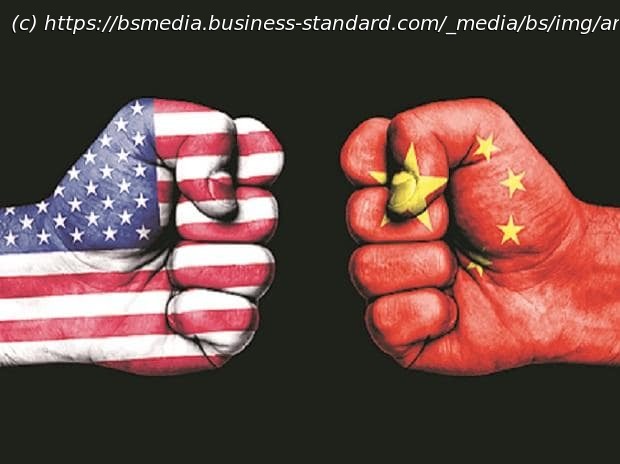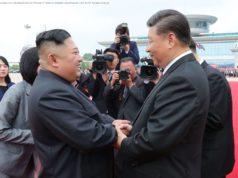Array
The American attempt at an industrial policy to build electric vehicles and batteries has, once again, fallen flat. The recently released list of firms selected for $2.8 billion of funding shows as much. They look more like late-stage R&D projects than companies ready to scale.
Earlier this month, the Biden administration announced the first set of projects that will be funded by the President’s Bipartisan Infrastructure Law to expand domestic production of EV batteries and the grid, and “for materials and components currently imported from other countries.” Instead of focusing on manufacturing — its biggest weakness — the US Department of Energy has backed firms that will process lithium, “demonstrate new approaches” and recycle powerpacks.
That is misguided — and won’t get the US any closer to the heft of China’s battery economy. The biggest issue is the outlays target parts of the supply chain that are either not as difficult to set up and scale, or further down the value ladder, like processing of lithium, graphite and other materials. It doesn’t focus enough on cell and cathode manufacturing, the most important elements. The government’s investment is expected to be matched by recipients to reach more than $9 billion.
Of the 20 companies participating, most will either separate and process materials or make components like anodes and separators. None are focused on making battery cells and packs or extracting raw metals and elements — the key processes at the beginning and end. Producing cells is tough to begin with because of the constantly evolving manufacturing practices including automation.






